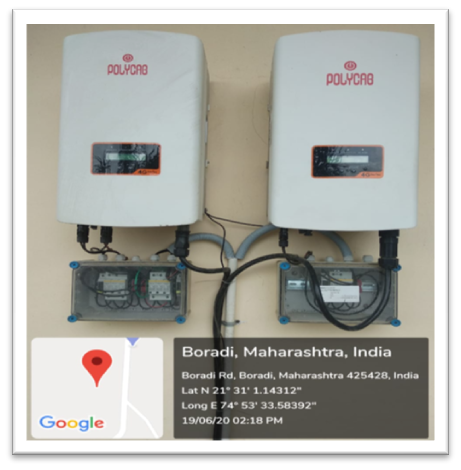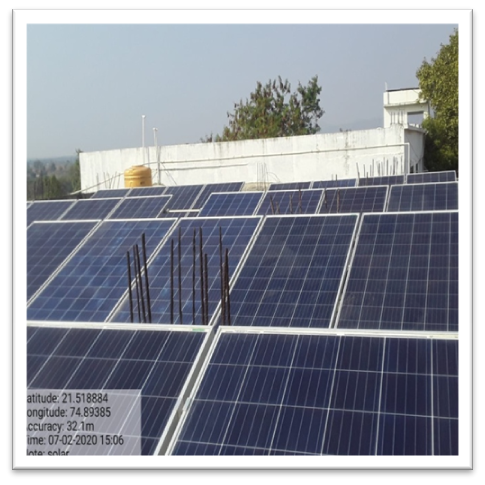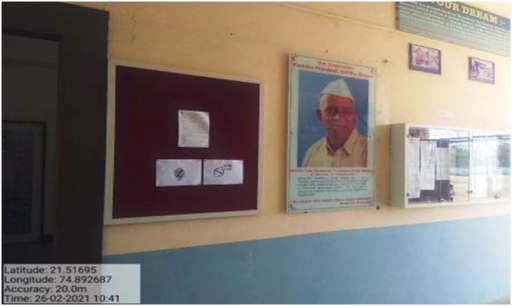Green Initiatives
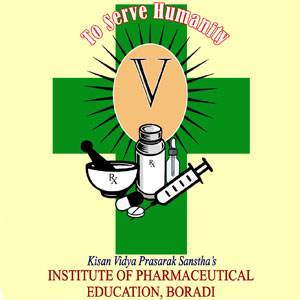
Green Initiatives
The Institute is committed to “zero waste” and reducing the environmental impact of its activities through of its philosophy of “reduce-reuse-recycle“.
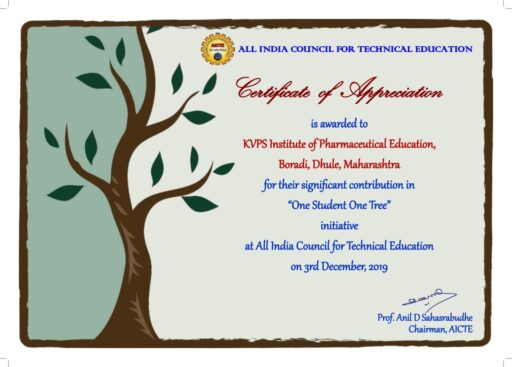
About the practice
The methods employed for solid waste management includes- provision of separate (labelled) dustbins for biodegradable and non-biodegradable waste at various places in the campus. Places like canteen, college corridor, classroom etc. are installed with bins to ensure proper use of vegetative waste produced therein. This waste and Small portion of vegetative waste is collected by Gram panchayat Boradi which process it into, an easy “Indoor composter of Greentech life” (Pre-infused with non-pathogenic microbial flora). Also, Compost pits constructed, receive large amount of biodegradable waste produced in the campus. As a part of green campus motive, students are encouraged to avoid use of plastic bags. Cleanliness directives are strictly followed in the campus. Post every program, segregation of waste produced into wet and dry dustbins is strictly pursued. Separate measures are undertaken to manage liquid waste. It is strictly instructed to perform experiments generating perilous fumes into the fuming hood. We are not using radioactive substance for the practicals in pharmacy.
Well-constructed drainage system connected to closed collection tanks receive all liquid waste and water from wash basins. Waste water collected in bunds is subjected to treatment, after which, it is utilized for gardening loans and medicinal garden. IPE has adopted a novel method to deal with e-waste. Institute donates, the older version computer and electronic gadgets to the rural schools of the trust. This reflects the principle of reuse in practice. As the institute has adopted and implemented the waste material dispose off in proper way; which leads to promote pollution free and oxyrich environment in the premises and the campus.


Green Energy - Solar System
There are solar street lamps installed in the campus with photovoltaic battery systems. These lamps store energy with the PV panel in the day time to the battery and then this charged battery is used for illuminating the LED in the dark hours.
Plantation - Sprinkler / Drippers
There are solar street lamps installed in the campus with photovoltaic battery systems. These lamps store energy with the PV panel in the day time to the battery and then this charged battery is used for illuminating the LED in the dark hours.

Tree Plantation by students 2018

Tree Plantation by students 2019
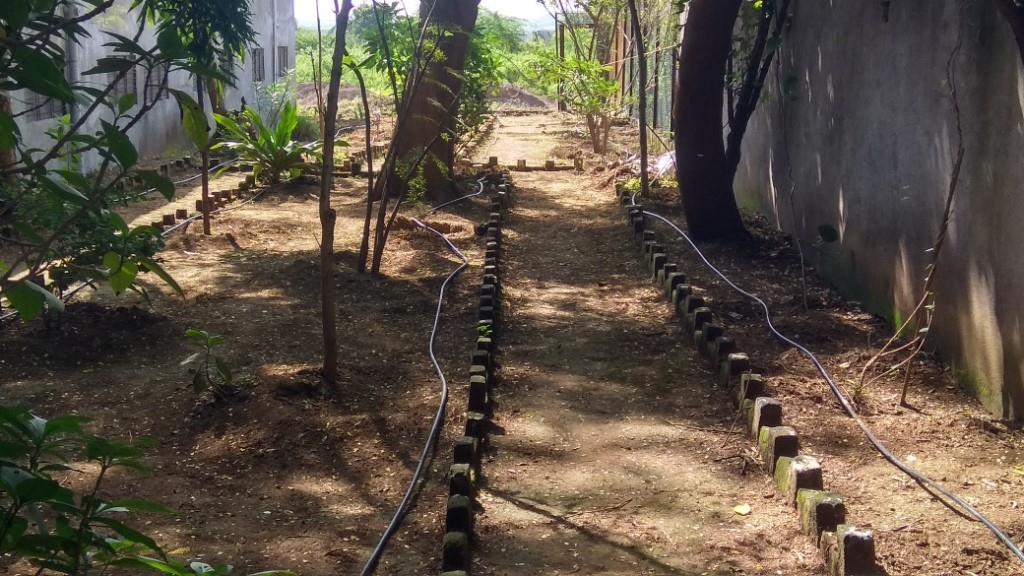
Medicinal Garden – Sprinkler & Drippers
Water Harvesting System
Rainwater harvesting is an environmentally friendly technique that includes efficient collection and storage that greatly helps neighborhood people is established in the campus to address the water scarcity issues which may arise in the future. Water from different reserviores of a river also be collected through a piped network and stored for some time. This water can be then channeled to deep wells to recharge groundwater directly, to ponds to restock groundwater slowly, and to reservoirs to dilute reclaimed water for non-potable use

Check Dam Construction
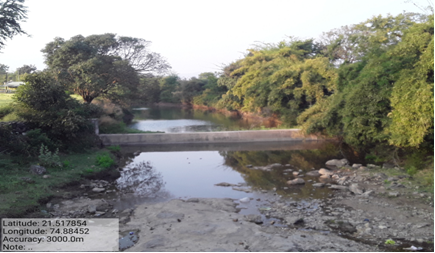
Bunds Creation
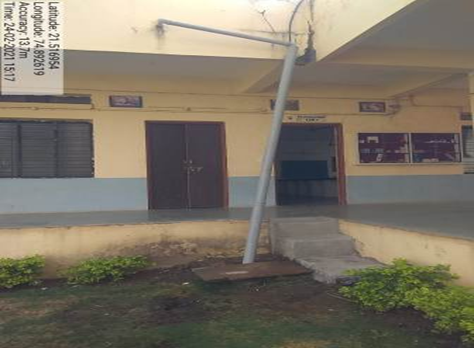
Rain Water Harvesting
Solid Waste Disposal System
As part of the green initiative on the campus, the college always tries to reduce the waste through reuse, reduce and recycle which ensures the cleanliness and eco-balance in the campus. As part of the plastic-free campus initiative, the college ensures the green protocol in the various programs of the college. Green campus campaign authorities ensure the adoption of the green protocol in all the programmes conducted and posters used in the campus to reduce plastic pollution. The initiative for paperless office through office automation, consistent efforts to reduce the plastic carry bags and use of public addressing system helps to reduce various forms of solid waste in the campus.

Bore Well Water conservation
Rainwater harvesting is an environmentally friendly technique that includes efficient collection and storage that greatly helps neighborhood people is established in the campus to address the water scarcity issues which may arise in the future. Water from different reserviores of a river also be collected through a piped network and stored for some time. This water can be then channeled to deep wells to recharge groundwater directly, to ponds to restock groundwater slowly, and to reservoirs to dilute reclaimed water for non-potable use
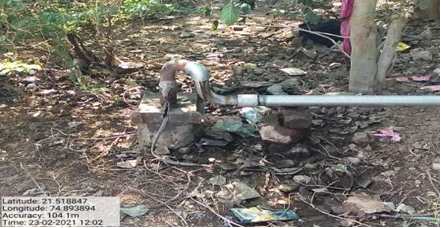
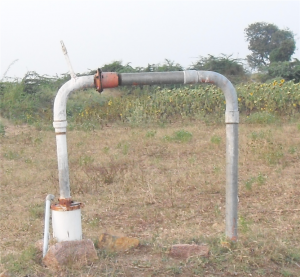
R.O. Water for Drinking Purpose And storage with cooler



